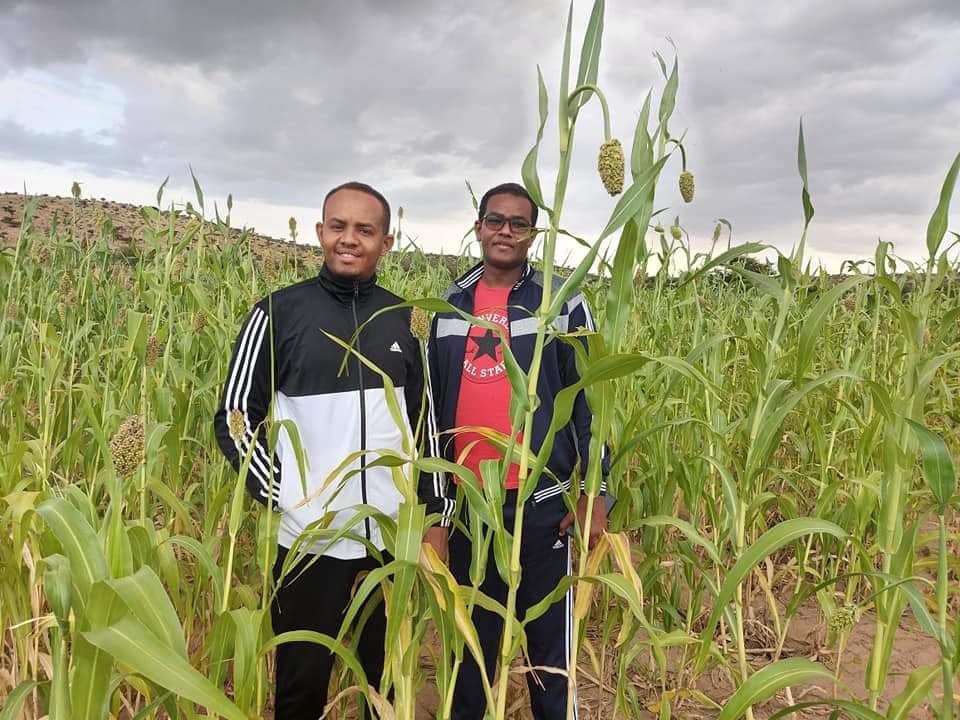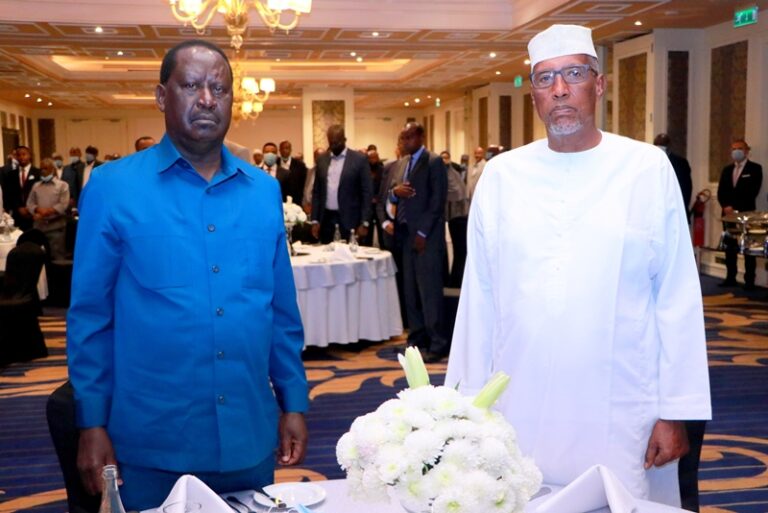Agriculture has always been Africa’s economic pillar, employing more than 60% of the workforce on the continent and playing a major role in GDP. With the population of Africa expected to double by 2050, making food secure, building economic resilience, and ensuring sustainable development will rely heavily on giving a new life and a modern face to the agricultural sector.
According to the African Development Bank (AfDB), Africa’s agriculture industry potential stands at being a $1 trillion market in 2030 if properly harnessed. The AfDB “Feed Africa” strategy indicates that the emphasis lies in revamping agriculture by investing in infrastructure, access to markets, and using advanced methods of farming. All this can be transformed, and it can make a huge cut on food imports, which are over $35 billion now for Africa, and instead make the continent an agro-power of the world.
Africa has 60% of the globe’s fertile land that remains uncultivated, varied climates, and a demographically young population—ingredients of success for agriculture. The continent’s youth, who make up more than 60% of the population, are a dynamic and innovative workforce ready to embrace new farming methods and technology. Agriculture has a golden chance to address Africa’s growing unemployment issue by generating millions of employment opportunities in agriculture, agro-processing, transport, and agricultural technology. With the right policies and investment, agriculture can generate an estimated 17 million jobs annually, according to AfDB reports.
Agriculture presents Somaliland with a gigantic opportunity. Through its fertile regions, most prominently in Gabiley, Awdal and Togdheer, Somaliland has the capacity to enhance food security and create sustainable livelihoods. Investment in agriculture can reduce dependency on imports, stimulate export-oriented agriculture, and boost the national economy. Somaliland’s location at the gateway to the Red Sea could also transform it into a hub of agricultural trade, connecting African produce to the Middle Eastern and international markets.
To unlock the full potential of agriculture, investment in technology and innovation is needed. Embracing climate-smart agriculture, precision agriculture, and high-quality seed varieties can boost productivity and enhance climate resilience. In addition, empowering smallholder farmers—who produce 80% of Africa’s food—through training, access to finance, and market linkages can stimulate rural economies and lift millions out of poverty. According to the AfDB, strengthening agricultural value chains and enhancing productivity can increase farmers’ incomes and rural livelihoods.
Governments and policymakers also play equally significant roles. By implementing supportive policies, rural infrastructure investment, and agribusiness promotion, they can create an enabling environment for development. Public-private partnerships can accelerate agricultural development by injecting expertise, technology, and finance. Moreover, solving problems such as land tenure security, access to markets, and value addition can significantly enhance agricultural production and sustainability.
Agriculture is not just a source of food but also the answer to employment generation, economic diversification, and sustainable development. By prioritizing agriculture, Africa, and Somaliland as a whole, can not only feed itself but also become a food basket of the world, resulting in economic stability, employment generation, and prosperity for generations to come.
The future of Africa truly lies in the fields under our feet and in the hands of our farmers. With visionary leadership, strategic investments, and collective action, agriculture can transform the continent, converting challenges into opportunities and ensuring a prosperous and resilient Africa. https://www.cabdirashid.com



